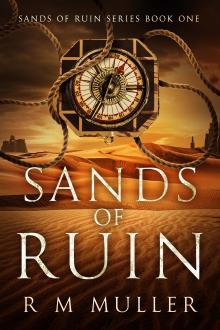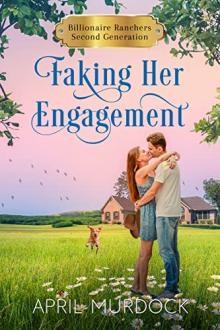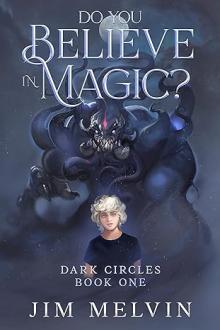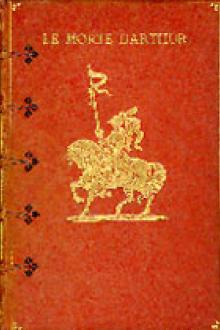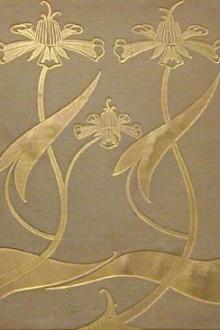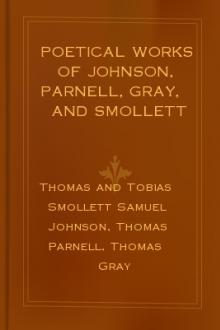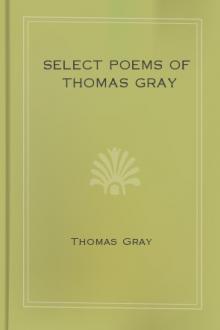An Elegy Wrote in a Country Church Yard and The Eton College Manuscript
An Elegy Wrote in a Country Church Yard and The Eton College Manuscript
Reprint edition from 1951.
Book Excerpt
lded merit.
Inevitably, since the industrial revolution, modernist critics have
tended to stress its appeal to class consciousness. This appeal, real
though it is, can be overemphasized. The rude forefathers are not
primarily presented as underprivileged. Though poverty-stricken and
ignorant, they are happy in family life and jocund in the field.
"Nature is nature wherever placed," as the intellectuals of Gray's
time loved to say, and the powers of the village fathers, potentially,
equal the greatest; their virtue is contentment. They neither want nor
need "storied urn or animated bust." If they are unappreciated by
Ambition, Grandeur, Pride, et al., the lack of appreciation is due to
a corruption of values. The value commended in the "Elegy" is that of
the simple life, which alone is rational and virtuous--it is the life
according to nature. Sophisticated living, Gray implies in the stanza
that once ended the poem, finds man at war with himself and with
reason; but the cool sequestered path--its goal identic
FREE EBOOKS AND DEALS
(view all)Popular books in Poetry, Criticism, Fiction and Literature
Readers reviews
0.0
LoginSign up
Be the first to review this book
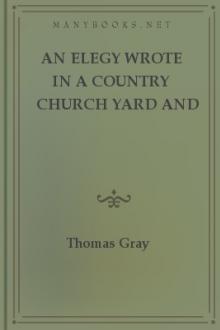
 Free Download
Free Download
